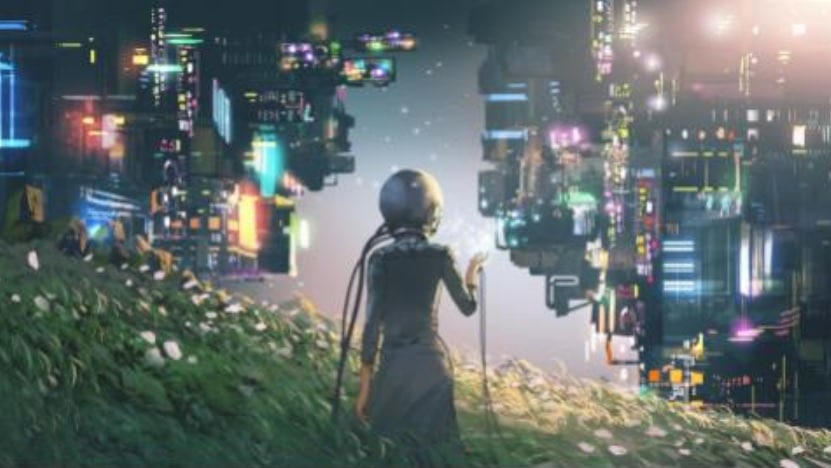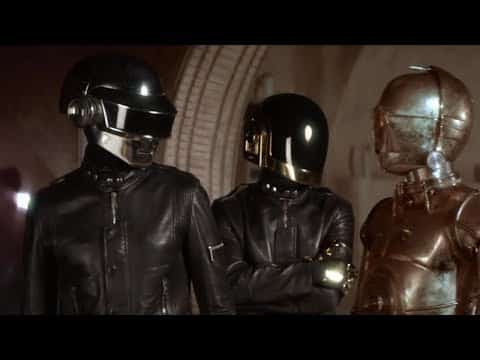Ecology is all about our environment. With all our technologies and scientific discoveries, we need ecology. Like the free spins no deposit, technology growth is not going away anytime soon. The question is: can ecology and technology coexist? Can we solve most problems in nature using technology gadgets and systems?
Expert views
Experts in ecological studies have varied opinions about the coexistence of ecology and technology. Some feel that future generations might need advanced technology to the same extent we need them. Others think that technological growth will solve ecological issues while creating others.
High-tech devices to solve ecology issues
Some ecologists strongly believe that we will soon thrive in an environment full of high-tech devices. The Artificial Intelligence machines like robots and Internet of Things devices will become a necessity. There is truth in this because we have technologies that might alter our lives for good shortly.
The high-tech turbines will generate electricity for AI and smart cities. An electric car is no longer an idea but a reality. But as we move into the future, we will see an electric car without a driver. How will it work? Artificial Intelligence will make it function. We are also waiting for flying cars, driverless trucks, and more high-tech machinery that will require less human intervention.
As we observe all these advanced technologies, we can see how science and technology can solve ecological issues. For instance, an electric car will highly reduce global warming as it has no carbon emissions. We have Swiss-based scientists who recently got attention for creating zero-emission jet fuel. Such contributions support environmental conservation efforts.
High-tech opponents
Some ecologists have a different view concerning technology and the environment. More specifically, they see technology as harmful because it pollutes the environment. When technology companies mine minerals and raw materials, they destroy natural resources. The use of fossil fuels and the production of non-renewable products is another way technologists pollute the environment.
Although they do not deny that high-tech systems have improved medical care, transportation, manufacturing, energy, and other sectors, they believe more in low-tech. Ecologists who support low-tech for the future blame advanced technology for most global crises. In the 21st century, people depend on technology to move, communicate, work, cook, etc.
Hardly do ordinary users of advanced gadgets understand their complexity. Ecologists are concerned about people losing their innate abilities to survive without technology. If you want to rush somewhere, use a car instead of walking or running. Do you want to know where you are going? Use a GPS app on your phone. Thus, ecologists that oppose high-tech systems believe that humans have also lost their sense of direction.
Over-reliance on technology might impact our memory and sleep negatively. Instead of struggling to keep things in memory, people know they have a fall-back plan when a situation calls for it.
The complexity of high-tech devices
High-Tech devices make work easier and quicker. But as beings who need the environment for survival, we must probe these complex technologies further. If we ignore their negative aspects, we could deal with problems in the future. We all love the internet but do not want to know how and why it never goes away.
How do data centers keep the servers running non-stop? First, technology gadgets come from already scarce resources. Secondly, massive energy is necessary to keep data centers and online clouds running. The more we demand these high-tech systems the more these systems need energy and scarce resources to run.
Conclusion
Technologies make things easier and quicker but not without consuming more resources and energy. The opponents of high-tech systems believe that creating gadgets to solve ecological issues creates a new problem somewhere else. They do not view these as worthwhile. High-tech supporters believe that advanced technology is the future, and the ecology needs it.









